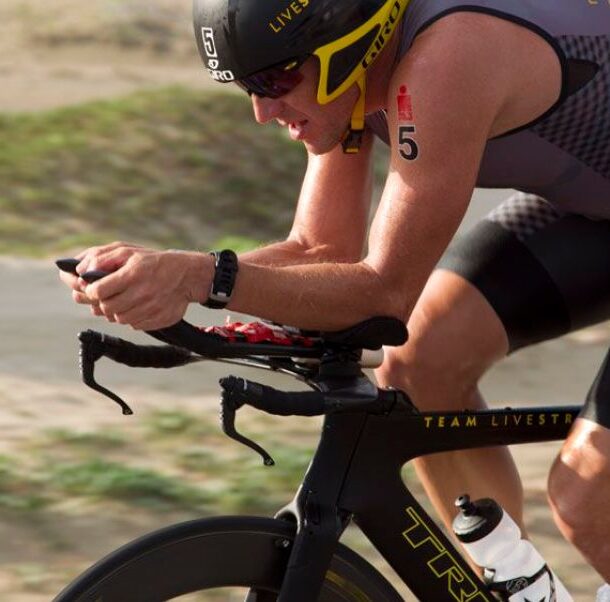
Burnt out? You’re not alone. Even Chris McCormack experiences lulls in motivation.
(Originally published in Triathlete Magazine July 2012.)
The most common question I get asked as a professional triathlete is, “How do you stay so motivated to continually train?” I always answer this question with a little laugh and a shake of the head. It’s not that I find the question odd; it’s just that it is typically asked in a way that suggests I have never had a non-motivated thought in my life, or that I wake up every morning jumping out of my skin, dying to run out the door at 5 a.m. and jump into the pool.
It’s bizarre how some people view professionals in any sport. We are just like everyone else—and motivation (or lack of it) is a feeling we confront just like everyone else. When I recently asked my Twitter following what topic they would most like me to discuss for this month’s installment, the overwhelming response was motivation! In fact, more than 200 people assumed I have the secret formula to a life in which motivation is a constant.
Let me dispel that myth immediately. I am not motivated to train all the time. In fact, over the past 20 years I have had the opportunity to train with most of the world’s best triathletes, swimmers, runners and cyclists and I can tell you that “motivation to train or lack of it” is something that every one of them faces consistently.
The common characteristic among most of the top athletes I have trained with is positivity and a single-minded selfishness toward a set goal. Professional athletes tend to be focused, goal-oriented individuals and borderline obsessives. But being motivated at all times is something that all of them definitely are not, and it is an obstacle that presents itself many times in their training lives. They have to deal with it in the same way you do!
Whether they are motivated or not, they get the job done. I have reflected on this very fact many times, and I have really come to the conclusion that the very term “motivation” is the cop-out. It can become the rationalization and the justification you need to cease setting goals and the processes behind reaching them if you are prepared to allow it to.
So how do I stay motivated all the time? The answer is that I don’t—and I don’t expect to. There is no secret formula; but I can offer you these time-tested tips:
Accept that a lack of motivation is normal, but refuse to accept that it will derail your drive and your goals.
Keep it simple. Triathletes have a tendency to over-complicate things. Training programs and routine are important, but training in a social environment makes life easier.
Manage your time! The biggest issue I see in people’s fight for motivation is that they try to cram too much into a tight time period, and the hassle of it takes away the enjoyment. Better time-management skills and better planning with realistic training timeframes will ensure that burnout and de-motivation are less likely.
Understand how rest affects routines. When you’re getting your rest, it always seems easier for your body to fall into a good training routine. And when a routine becomes a sound foundation for your life, it is easier to keep the motivation high. This ties into the planning process.
Be process-driven, not always goal-driven. Goals, when set, can be lofty and at times far away. For this reason it’s important to identify what the goal is—but even more important to know the process you have put in place to reach that goal. The process is the most important, and understanding how it relates to the bigger picture helps you remain in control of the journey.
Philosophy
“Great things happen to people who make great things happen.”
Navigate
chris@macca.com
Terms & Conditions
Privacy Policy

